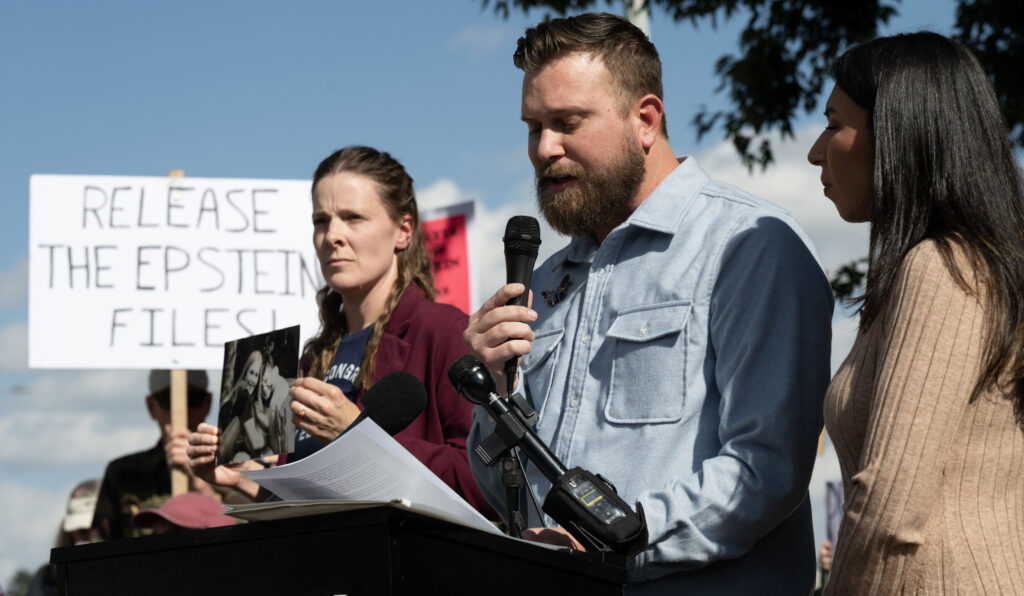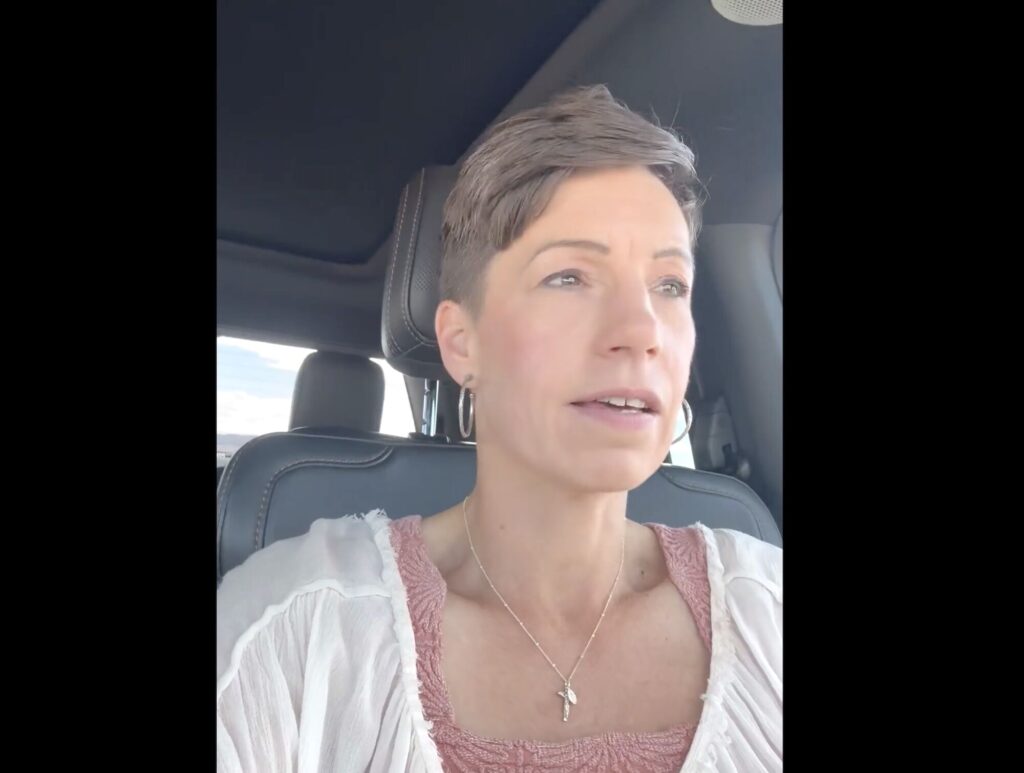Colorado Senate committee approves bill aimed at boosting condo construction
The bill that backers hope will breathe new life into Colorado’s condo construction market won a solid 6-1 vote from a Senate committee.
But will the bill do what backers hope — lead to a resurgence in condo construction?
It depends on who gives the answer.
The condo market all but died in 2010 after changes to property and casualty insurance drove those insurers out of the Colorado condo market. That has led to insurance costs of up to $40,000 per unit, which are less of an issue for a million-dollar condo but one that makes the “affordable” condo — in the $400,000 range — unaffordable.
Ted Leighty of the Colorado Association of Homebuilders told the committee House Bill 1272 doesn’t go far enough to solve the issue it is intended to address.
Leighty, whose association represents some of the largest homebuilders in the state, told Colorado Politics what his group is looking for in the pilot program is a clear definition of what a “defect” is and isn’t. That would send a clear signal to the homeowners, homebuilders and insurers about what can be claimed.
“It should be actual damages, and what we’ve found in the past” is that defects have been claimed on technical code violations that had no impact on the structure or habitability of the home, he said. Sometimes, he added, it’s as simple as the spacing of nails. He said technical code violations become parts of defects lawsuits all the time.
“Is there a loss to the homeowner that needs to be fixed?” he asked.
“If it’s not harming the performance,” he said, it shouldn’t be a claim.
Those are the signals the market needs, he said.
Attorneys’ fees are also an issue, he said. Sometimes, after the attorneys are paid, there isn’t enough to pay for the repairs, he said. If the defect has not been repaired, that becomes an issue of disclosure when the homeowner goes to sell.
Lokal Homes, the builder of Gateway Homes, one of the few affordable condo projects in the Denver area, said it’s its last project.
Marketing director Nate Levy told Colorado Politics the company is getting out of the condo market and moving to build only single-family homes.
HB 1272 “has not been convincing enough to change our strategy,” he said.
Jack Tate, who heads the Associated Builders and Contractors of Colorado, which took a a “neutral” position, on the bill, said “our original concern” dealt with extending the statute of limitations to 10 years unless a warranty was provided.
Tate said it wasn’t clear who was providing that warranty, and there was some discomfort from his members about that.
“We’re not interested in increasing liability” with an uncertain trade-off, he said. “We’re neutral because our members will build those projects anyways but strongly support the idea that we need more condos and residential properties for sale.”
“We’re supportive of any kind of reform,” Tate said, but given the bill’s tradeoffs, he added, “we’re uncertain what it will mean for our members.”
If the market gets saturated with rental construction, and the demand turns to for-sale condos, the company is on board and ready to go, Tate added.
Meanwhile, Speaker Pro Tem Andrew Boesenecker, D-Fort Collins, said he’s got builders ready to go.
“I respect that there’s a diversity of opinion on the bill,” he said, adding that one of the main reasons he signed on as a prime sponsor was because of builders in his community. The incentive program being an opt-in for those builders gives them flexibility, and the optional program is a way to lower the homebuilder’s risk so they can provide that housing, he said.
This is a homebuyers’ bill, not a homebuilder’s bill, added Jason Hopfer, who represents the Colorado Association of Realtors. The group has been involved in the 80+ meetings on the measure that have taken place in the past year.
As introduced, House Bill 1272 requires a third-party independent inspector to make periodic checks during construction. The inspector cannot be employed or affiliated with the condo builder. While the builder typically pays for the inspector, the standard practice is for the property or casualty insurer to choose the inspector.
Under the bill, the builder is tasked with responding to the inspector’s identifier of a problem and fixing it. In addition, the measure requires the claimant — the homeowner — to mitigate the defect and specify how the claim would be satisfied, as well as the consequences for failing to satisfy the claim.
A builder must offer to settle the claims or provide the owner with a written response that identifies the standards applicable to the claim and explains why the defect does not require repair.
An amendment from the House added language to the bill’s builder incentive program, establishing an offer and counter-offer process. The builder would send the claimant an offer to settle the claim by paying a specific amount of money, agreeing to remedy the defect, and a written response that identifies the standards that apply to the defect construction and explains why the defect does not require repair or isn’t within the builder’s responsibility.
The claimant would then have the opportunity to respond to the offer within 30 days and determine what happens next.
Another amendment would require a homeowners’ association to use any settlements with the builders to address the defects. The Senate Local Government and Housing Committee amended that to also allow settlements to cover attorneys’ fees.
“Make sure those lawyers get paid,” quipped Senate President James Coleman, D-Denver, during the April 10 hearing.
Under the measure, the statute of limitations for filing claims would change to 10 years unless the builder provides a warranty that meets the requirement of the revised law. In that case, the statute of limitations is six years.
Also, the approval for a homeowners’ association to pursue a claim will increase to 65% from its current 50% plus one.
Finally, the bill includes a “rebuttable presumption,” which can be used in a lawsuit, that a property does not have a construction defect when a state agency or local government has issued a certificate of occupancy.
House Bill 1272 now heads to the Senate floor.











